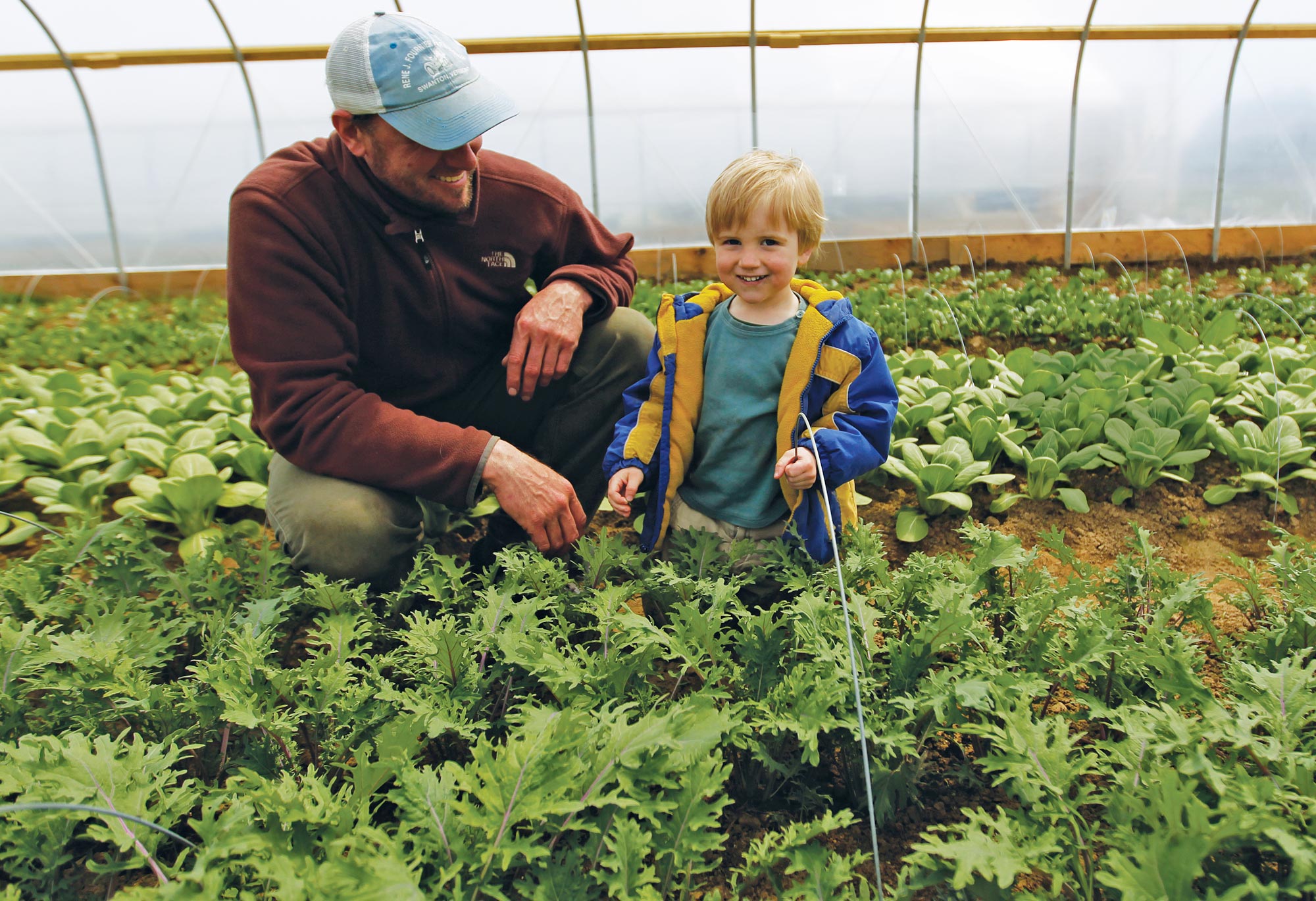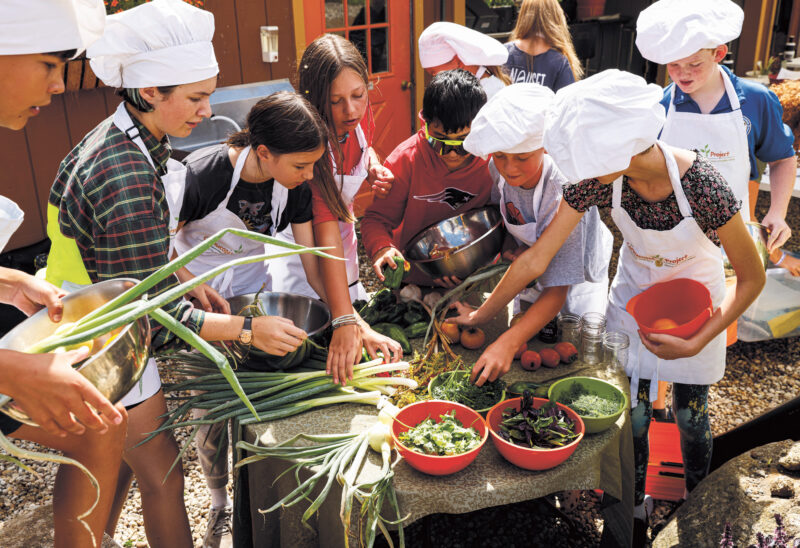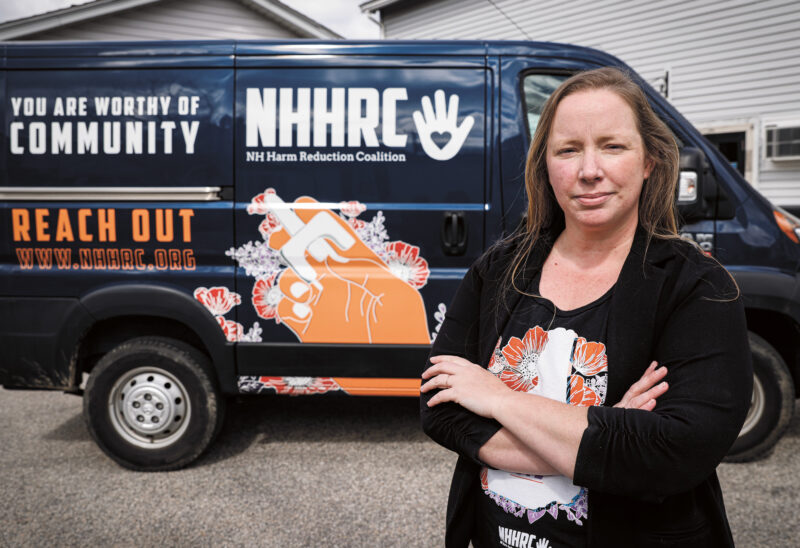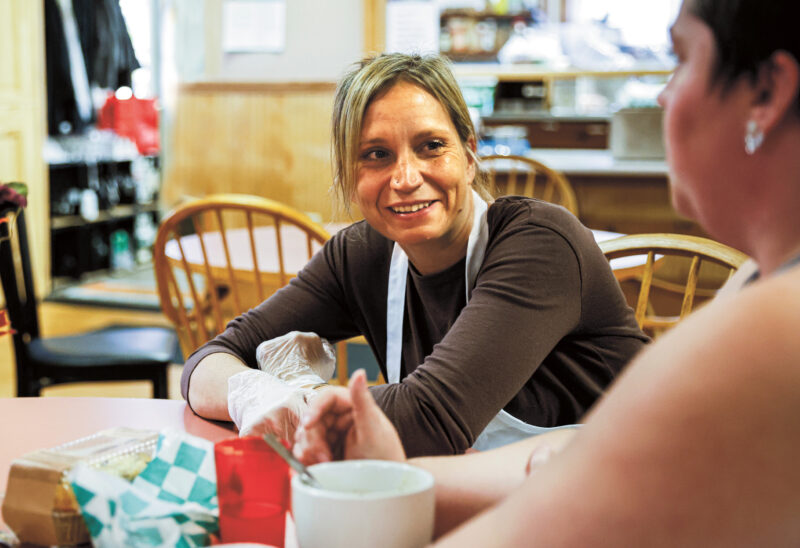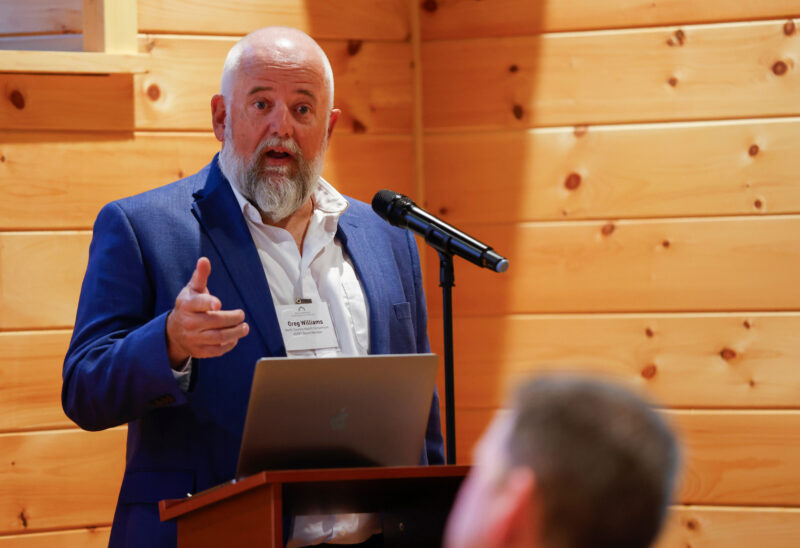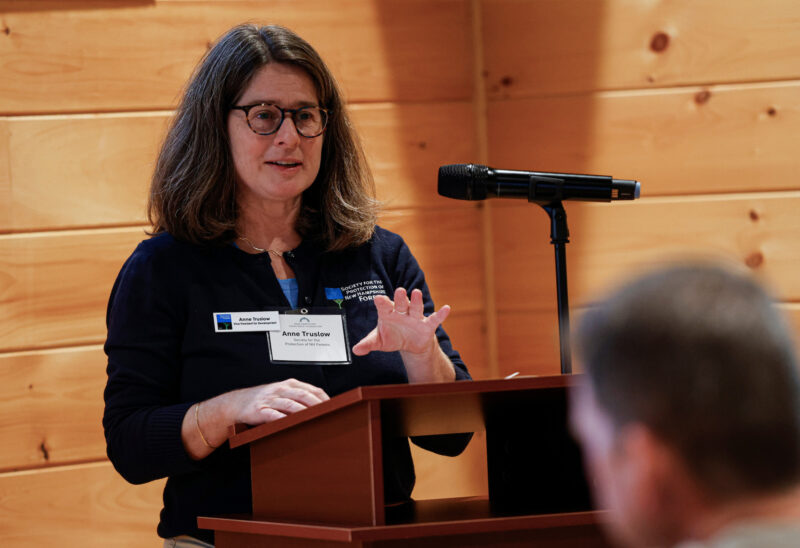At Brookford Farm in Canterbury, kale, lettuce and beets flourish in a new greenhouse. Heirloom-breed pigs forage in the fields and dairy cows graze. There is camembert setting in the creamery, buttermilk and sausage and eggs and yogurt in the farm stand, and dozens of loaves of sourdough ready for the wood-fired oven.
It took a lot to get here. For starters, Luke and Catarina Mahoney had to move their operation from Rollinsford when the lease ended. A loan from the New Hampshire Community Loan Fund’s Farm Food Initiative helped purchase the 600-acre farm in Canterbury.
But the Farm Food Initiative is not just about money. Funded in part by a grant from the Foundation, it gives food producers the business education and support to succeed in the long term.
“The capital is critical,” said John Hamilton, Community Loan Fund vice president. “But it’s the ongoing support that is the real value-add.”
While the demand for locally produced food is increasing, New Hampshire still has the lowest rate of farm profitability in New England. This initiative hopes to help farmers move that number.
The Community Loan Fund helped create a board of advisors for the farm and find new markets for products. An in-depth profitability analysis helped the Mahoneys better understand where their profits are so they could shift production there.
“A lot of farmers get into it for idealistic purposes, Mahoney said. “Now we have the tools to make it thrive.”
This story originally appeared in the Foundation’s 2012 Annual Report.

